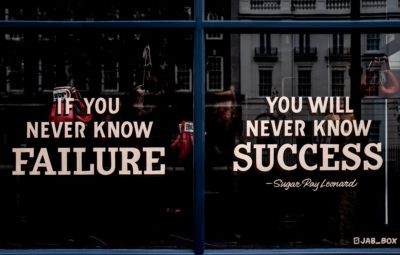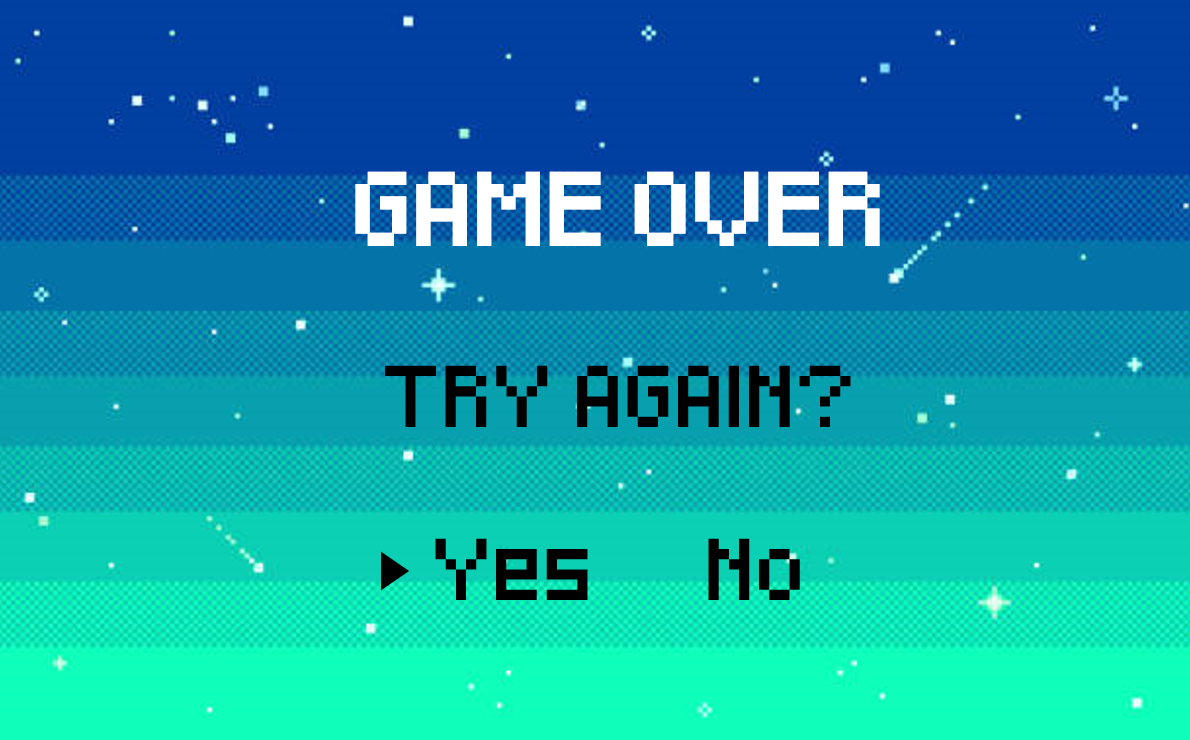Game Over or Try Again? How cultural learning impacts our relationship with failure
We’ve all heard the story of how Bill Gates, Mark Zuckerberg and Steve Jobs all dropped out of university to pursue what would become trillion-dollar companies (a fact I’m sure many parents are reminded of around the time their children’s grades are released). But what allowed these individuals to accept that failure in pursuit of something bigger? Interestingly, it could be partly due to how they perceive failure. Lucky for them, they were all born in one of the most failure accepting countries on the planet. The United States of America culturally values risk taking and entrepreneurship, and without their culturally inherited acceptance, you may not be reading this on an iPhone, Windows software or on Facebook right now.
In support of this, evidence shows that failure is beneficial to long term success and simply a necessary and accepted part of the process. A recent study found that those who experience early career setbacks outperform those who don’t. However, it is not enough to simply fail repeatedly and wait for the money to fall from the sky, learning, accepting feedback and reflection upon failure are critical ingredients to later success.

While on an individual level this may be achievable, it is not until an entire cultural outlook on the topic is needed that this becomes difficult. As mentioned, the US is doing well in this field, placing 1st in the world’s most entrepreneurial countries, a true sign of risk and failure acceptance. On the other hand, in Japan, any failure, either socially or in business, is seen as shameful. This too is reflected in their Entrepreneurship Index, with a rank of 22. With this in mind, where does Australia fit into these two extremes?
“In the US, multiple attempts at start-ups are worn as a badge of honour, and are almost a prerequisite to attract investors. In Australia, not getting a new venture off the ground is too often seen as a failure rather than a learning experience that increases the chances of success next time around.” Chris Styles, dean of UNSW Business School
Australia has been found to be the most risk averse developed country and this trend is growing, with Australian youth much more risk averse than they were just a decade ago according to a 2021 study. While this may be beneficial to our country’s liver health, it is not so good for our mental health or the economy. A 2013 survey shows that only 29 percent of Australian respondents felt they had access to the cultural support (failure tolerance, role models and celebration of innovation) required to pursue entrepreneurship, in contrast to Silicon Valley’s 90 percent. This is reflected in Australia’s Entrepreneurship Index ranking of 11th. While this may not be the bottom of the list, it does leave room for improvement, especially with Australia currently in the midst of a brain-drain (the departure of educated or professional people from one country, economic sector, or field for another usually for better pay or living conditions). With limited financial support for start-ups, a conservative culture and attractive offerings overseas, it is no wonder we have lost over 100,000 workers in the past 2 years. Entrepreneurs, like Glen Rabie of Yellowfin, have been pushed to launch their companies overseas.
“I find it very interesting in Australia, even if you have got a good friend who works in a large financial institution for example – who could influence the sale of your product and adoption into that institution – they won’t do it. It just doesn’t happen in Australia. People tend not to go out on a limb.” Yellowfin founder, Glen Rabie
How can we become more tolerant of risk and failure as a culture? How can we entice our workers to stay? To do this, this fear of failure needs to be replaced with learning quality lessons from failure and tolerance for innovation. Ideally, learning from failure would begin in childhood. Much like how the intolerance for failure is enforced in the Japanese curriculum, the opposite can be achieved through the application of failure accepting strategies in schools. Strategies in which students can learn from their mistakes, instead of being scared to make them.
This education also needs to extend into the adult world, with organisations like The Failure Institute who are changing the failure narrative in the business sphere. The institute aims at driving this cultural shift with conferences that allow attendees to listen to the experiences of others, celebrating their efforts in a psychologically safe environment of failure acceptance. Another example of this push for failure acceptance is the Museum of Failure, curated by Dr. Samuel West, an Organisational Psychologist who also wishes to “stimulate productive discussion about failure and inspire us to take meaningful risks”. The museum showcases failed products and services from around the world. Like Colgate’s 1980’s attempt to break into the frozen food market, Bic for Her, the pen designed for women, or the UroClub, a urinal and golf club.
While these products may make you laugh, it also opens up the conversation around failure and chips away at the surrounding taboo.
With individual and cultural changes, this unhealthy fear of failure in Australia can lessen, because who knows? Maybe Australia will innovate the next handheld urinal.







